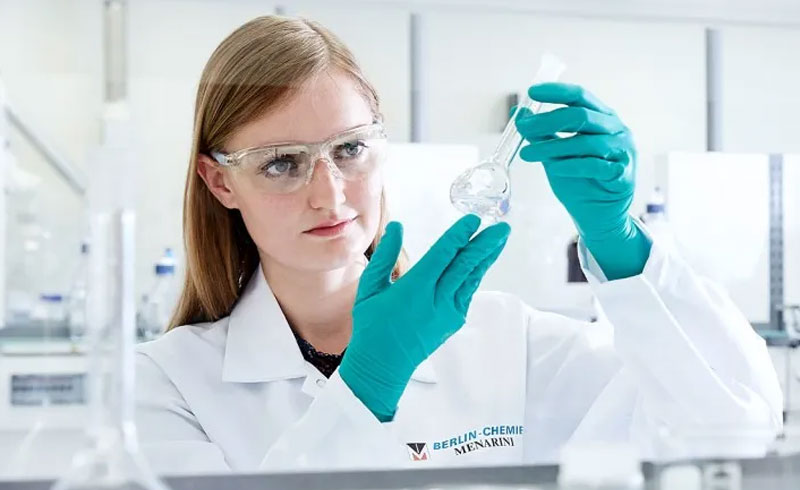Welcome to the News & More section. Here you will find general information in the form of press releases, news and the latest graphical material.
Angina (angina pectoris)
The term “angina pectoris” comes from Latin and means “tight chest”, and causes attacks of chest pain. The pain may also extend into the left arm, lower jaw, upper abdomen, or back. Angina pectoris may be caused by the narrowing of one or more coronary arteries but also by malfunction of the smallest blood vessels and capillaries. This reduces the supply of blood and oxygen to the part of the heart muscle supplied by these blood vessels, resulting in a feeling of “tightness in the chest”.
The reasons for this type of narrowing varies from person to person and in most cases there are multiple factors that influence one another. For example, deposits of fats, calcium and connective tissue known as “plaques” can form on the walls of the blood vessels and cause angina pectoris. They may be caused by high blood pressure, high LDL levels, diabetes, smoking, insufficient exercise and severe obesity.
Angina pectoris is classed as either stable or unstable. In stable angina pectoris symptoms occur following physical activity and disappear at rest, usually within a few minutes.1 Provided a doctor is consulted this is not life-threatening, but should be monitored and treated. Unstable angina pectoris occurs at rest or following mild physical activity and symptoms persist for longer. In this case urgent medical help is essential, since unstable angina pectoris may be a sign of an imminent heart attack.
Fast-acting nitrates are prescribed for pain attacks caused by stable angina pectoris. These restore the supply of blood and oxygen to the heart. Anticoagulants, beta blockers and other vasodilators can also be used as long-term medication. Depending on the underlying condition, antihypertensive or cholesterol-lowering drugs may be required. Treatment can alleviate the symptoms.

Sources:
1 Deutsche Gesellschaft für Kardiologie; Leitlinie: Koronare Herzkrankheit / Angina pectoris (dgk.org) (Last accessed: 18.01.2024)















